The above comments were mentioned in the report of the National Assembly 's Thematic Supervision Delegation on the implementation of policies and laws on environmental protection since the Law on Environmental Protection 2020 took effect.
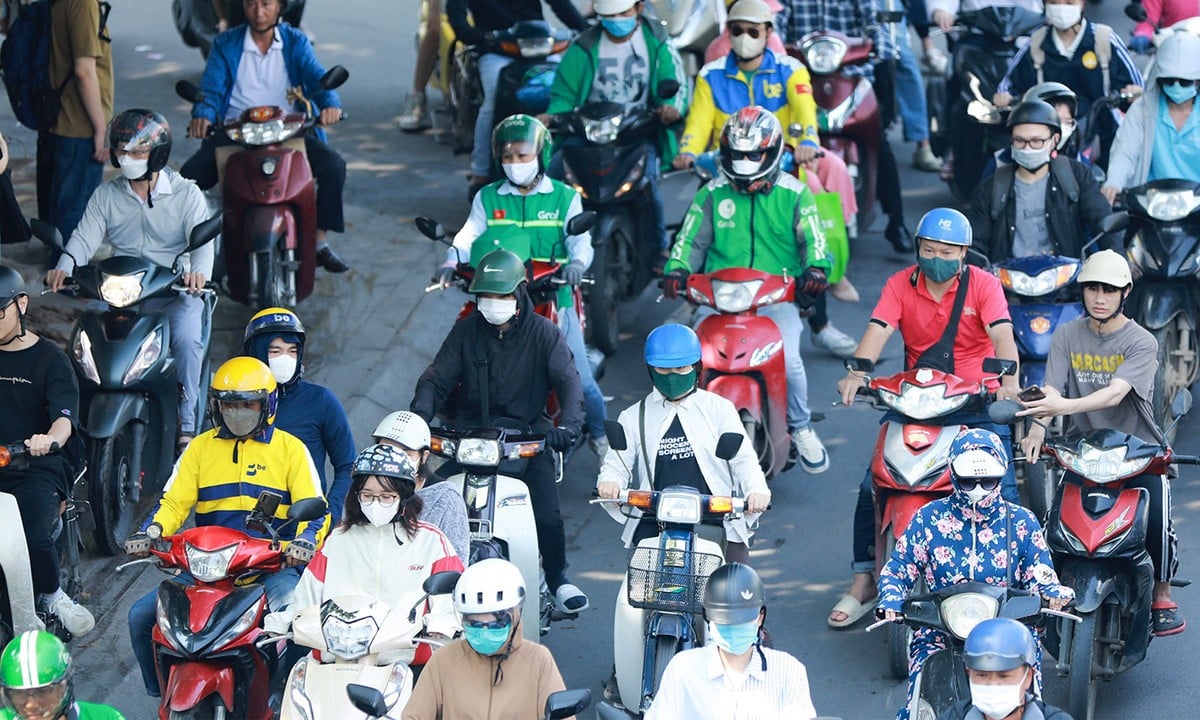
The report clearly stated that environmental pollution still occurs and is still complicated, sometimes at a serious level, especially air pollution (due to fine dust) in big cities; the air quality index sometimes exceeds the safe threshold, negatively affecting people's health, sometimes Hanoi and Ho Chi Minh City fall into the group of most polluted cities in the world .
The monitoring team assessed that the roadmap for converting vehicles using fossil fuels is still slow. The development of environmentally friendly buses and taxis is still slow and has not received due attention from localities. The growth rate of road motor vehicles is high, while the control of motorbike and scooter emissions has not been effectively implemented.
Regarding responsibility, the Supervisory Delegation believes that the State management agency is still slow in issuing regulations on the roadmap for converting and eliminating vehicles using fossil fuels and vehicles that pollute the environment.
From the above reality, the National Assembly's Supervisory Delegation proposed a number of breakthrough tasks and solutions.
In particular, it is necessary to strengthen and diversify resources for environmental protection, focusing on prioritizing resources from the budget and socialized resources for environmental protection and climate change response, in which priority is given to investing in the construction of essential environmental infrastructure works; supporting green transformation activities, reducing greenhouse gas emissions; developing renewable energy sources, new zero-emission technologies, energy storage technologies, carbon capture and utilization through flexible financial mechanisms (such as public investment or public-private partnerships...).
At the same time, develop science , technology, innovation and digital transformation in the field of environmental protection and climate change response; in which, promote the construction and replication of solutions and models of smart cities, smart ecological urban areas, smart transportation and smart energy management.
Hanoi strives to reduce fine dust by 20% by 2030
Regarding urgent tasks and solutions that need to be completed from now until 2026, the Supervisory Delegation emphasized the need to submit to the National Assembly amendments and supplements to the 2020 Law on Environmental Protection for consideration and approval at the beginning of the 16th National Assembly term.
In addition, urgently issue and effectively implement the National Action Plan on pollution remediation and air quality management for the 2025-2030 period, with a vision to 2045; at the same time, immediately implement urgent measures to control, prevent, remediate and improve air pollution in Hanoi and Ho Chi Minh City.
Regarding medium- and long-term tasks and solutions until 2030, the Monitoring Delegation emphasized solutions to prevent, control and stop early and remotely the risks of pollution and environmental incidents; and to forecast early the impacts of climate change.
At the same time, we will focus on improving and improving environmental quality. We will focus on strictly controlling emissions from road vehicles; limiting vehicles that pollute the air environment in large cities; implementing a suitable green transition roadmap in transportation activities associated with infrastructure investment and mechanisms and policies to support people, creating consensus in society.
At the same time, there are measures to eliminate unqualified motor vehicles that cause environmental pollution; strictly manage waste generated from traffic and construction activities, especially in urban areas, and agricultural by-product burning activities.
The monitoring team set a target that by 2030, in Hanoi, the average annual PM2.5 dust concentration will decrease by about 20% compared to the average level in 2024, and other air quality parameters will be maintained, ensuring compliance with national technical standards on the environment.
In provinces and cities surrounding Hanoi, the average annual PM2.5 dust concentration will decrease by at least 10% compared to the average level in 2024. In Ho Chi Minh City and other urban areas nationwide, air quality will be maintained under control, preventing an increase in pollution levels.
Source: https://baolangson.vn/do-thi-o-nhiem-vi-cham-chuyen-doi-phuong-tien-su-dung-nhien-lieu-hoa-thach-5063419.html


![[Photo] General Secretary To Lam attends the Vietnam-UK High-Level Economic Conference](https://vphoto.vietnam.vn/thumb/1200x675/vietnam/resource/IMAGE/2025/10/30/1761825773922_anh-1-3371-jpg.webp)
![[Photo] Touching scene of thousands of people saving the embankment from the raging water](https://vphoto.vietnam.vn/thumb/1200x675/vietnam/resource/IMAGE/2025/10/30/1761825173837_ndo_br_ho-de-3-jpg.webp)
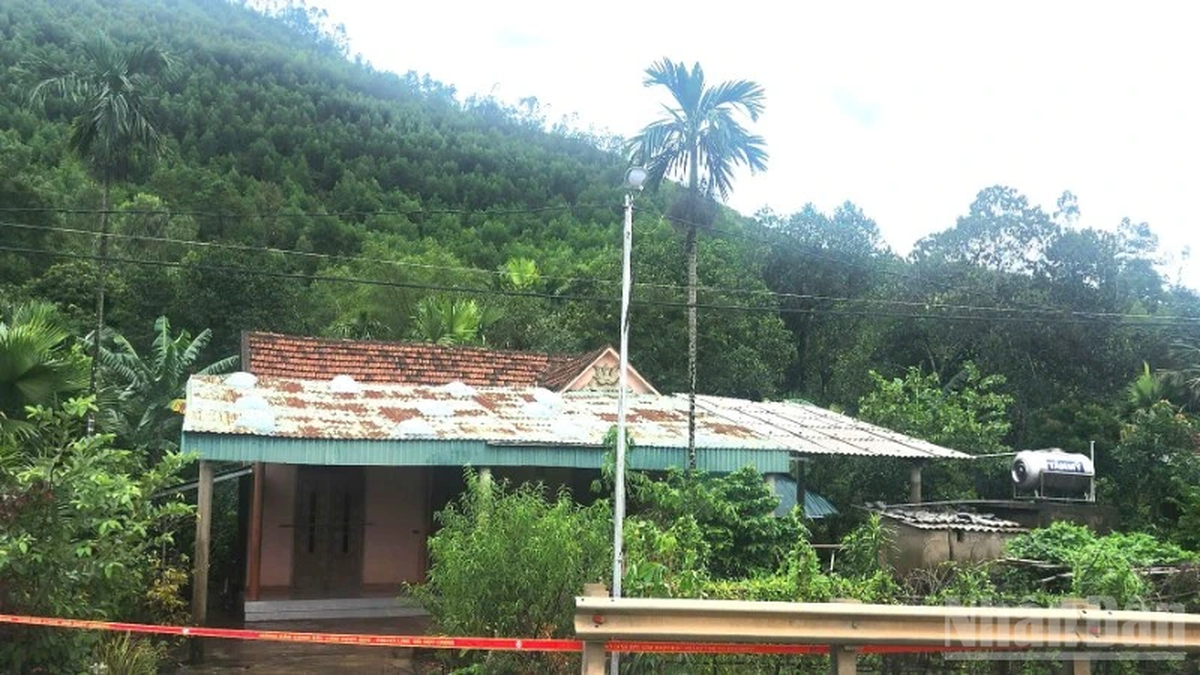
![[Photo] National Assembly Chairman Tran Thanh Man receives foreign ambassadors who came to say goodbye](https://vphoto.vietnam.vn/thumb/1200x675/vietnam/resource/IMAGE/2025/10/30/1761820977744_ndo_br_1-jpg.webp)
![[Photo] General Secretary To Lam meets former British Prime Minister Tony Blair](https://vphoto.vietnam.vn/thumb/1200x675/vietnam/resource/IMAGE/2025/10/30/1761821573624_tbt-tl1-jpg.webp)
![[Photo] The Third Patriotic Emulation Congress of the Central Internal Affairs Commission](https://vphoto.vietnam.vn/thumb/1200x675/vietnam/resource/IMAGE/2025/10/30/1761831176178_dh-thi-dua-yeu-nuoc-5076-2710-jpg.webp)
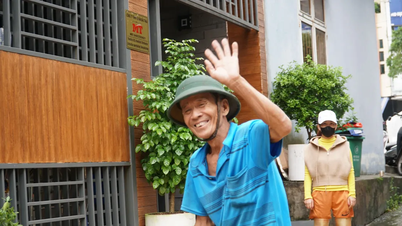

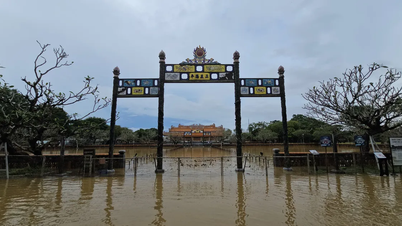
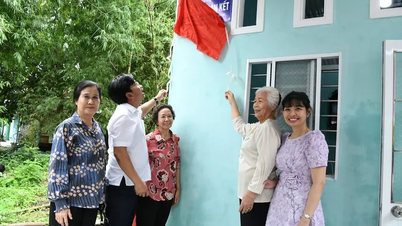

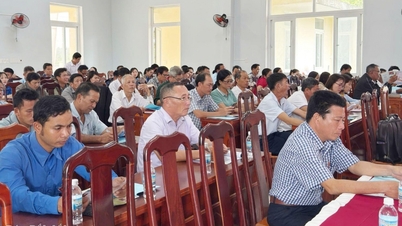

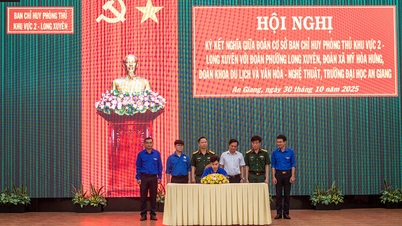

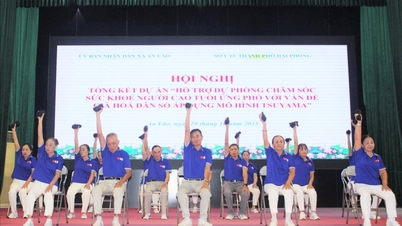





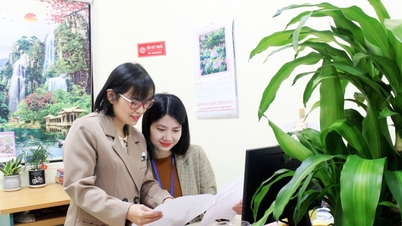

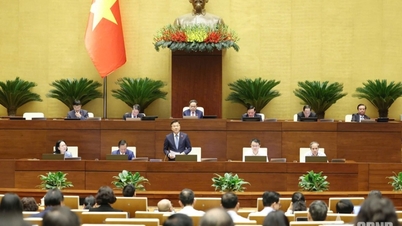









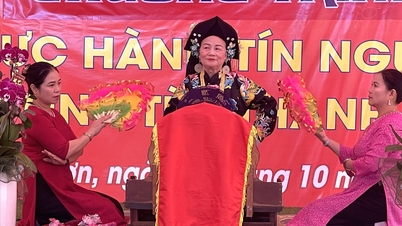





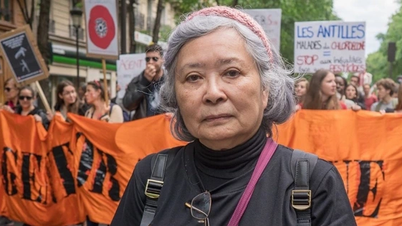





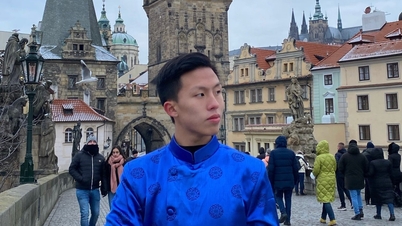





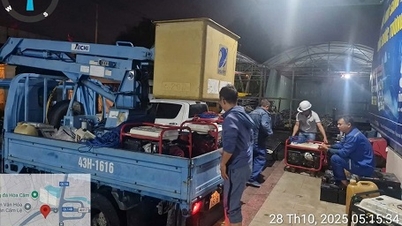

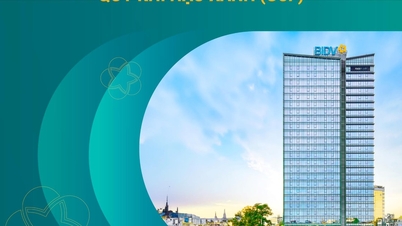
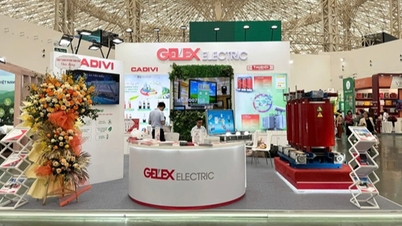
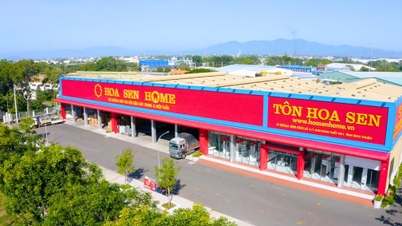


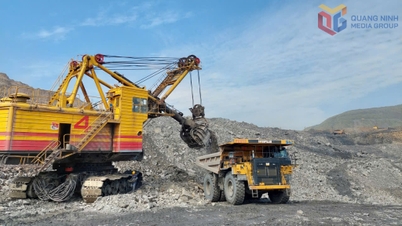







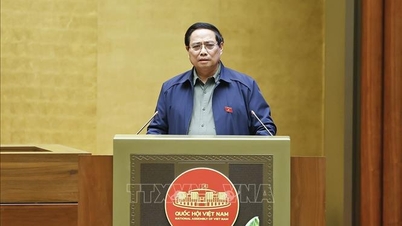



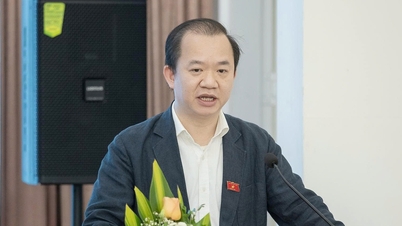
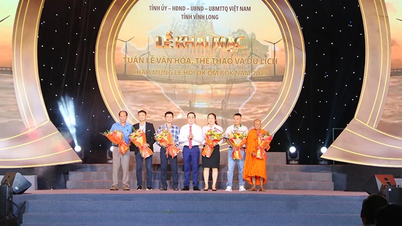
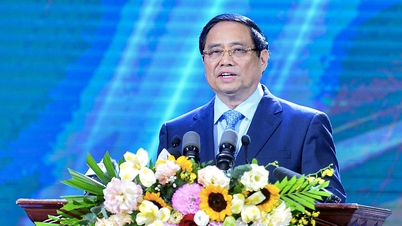

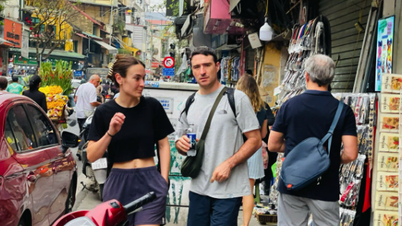
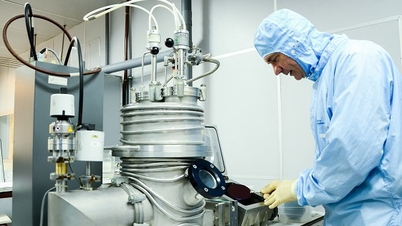

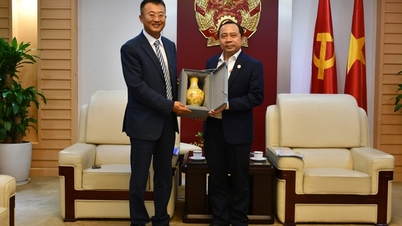
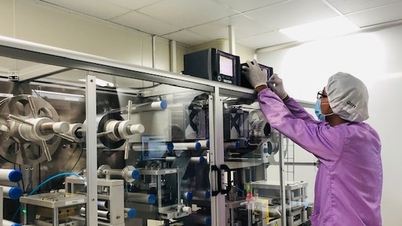
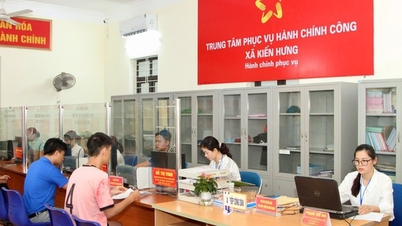
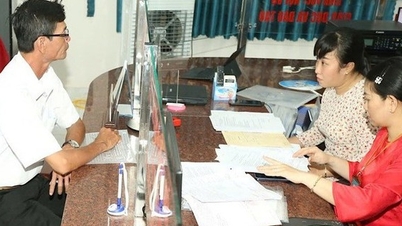
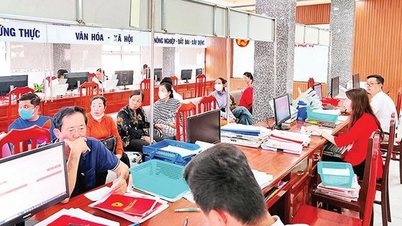


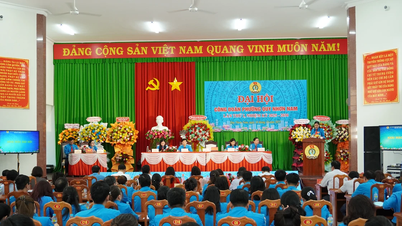
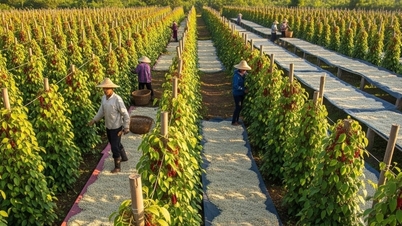













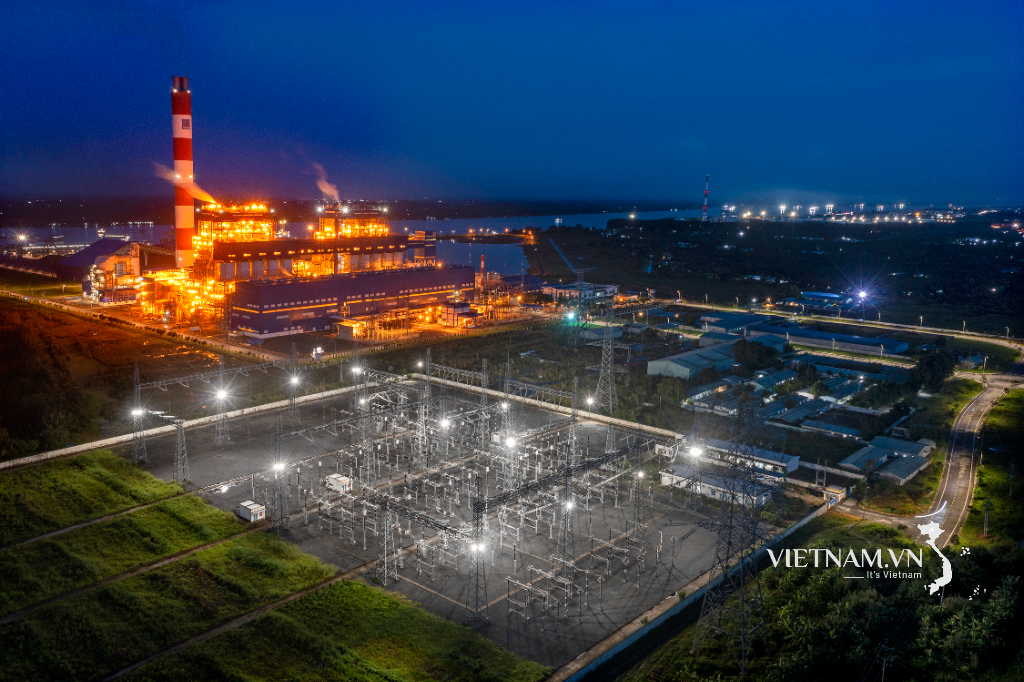


Comment (0)